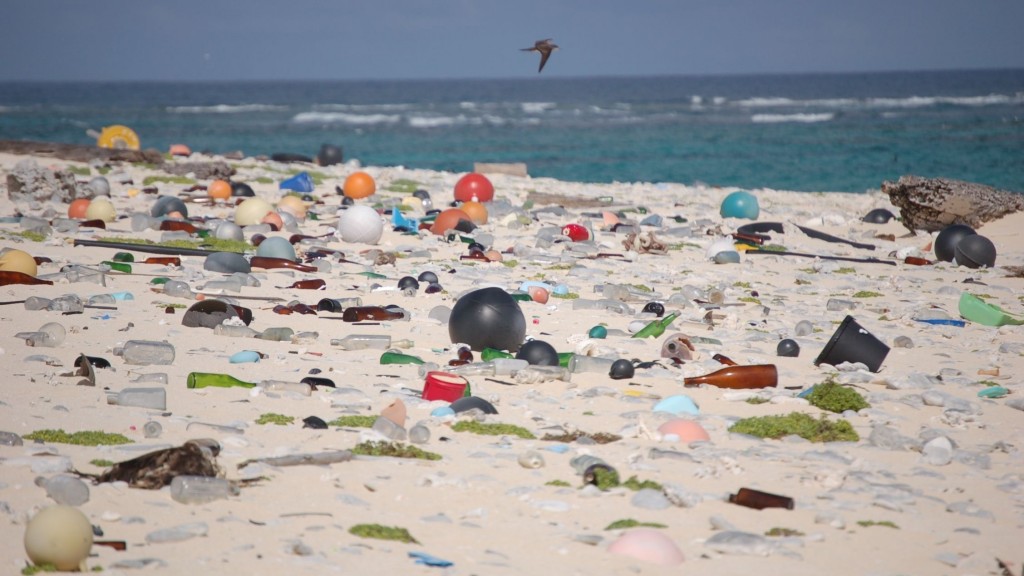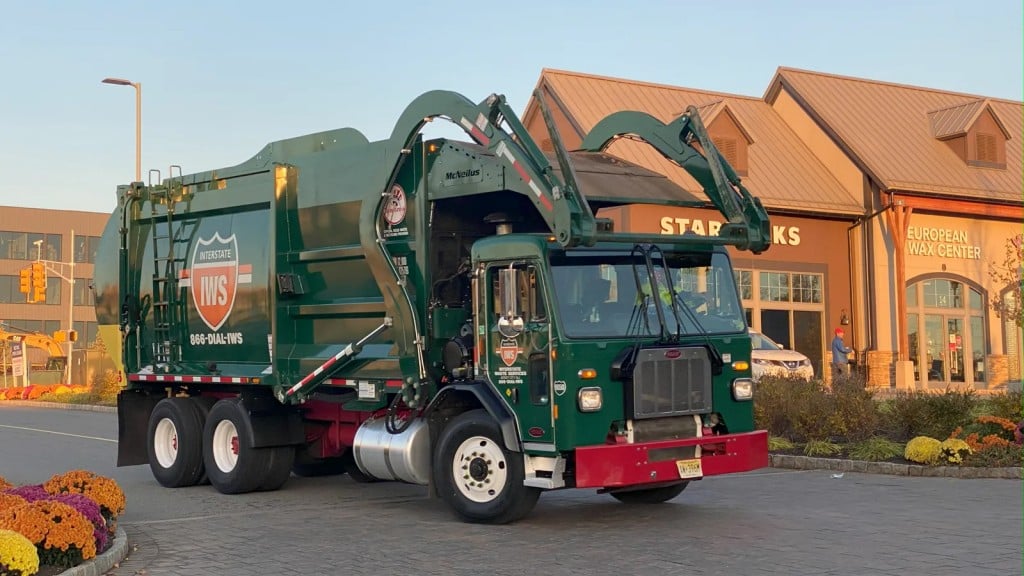Oceana report shows Amazon generated more than 211 million kilograms of plastic waste in 2019

Oceana has released a report based on an analysis of e-commerce packaging data that found Amazon generated 211 million kilograms of plastic packaging waste last year.
This is comprised of the air pillows, bubble wrap and other plastic packaging items added to the approximately seven billion Amazon packages delivered in 2019, according to news accounts.
The study also estimates that up to 10.18 million kilograms of Amazon's plastic packaging waste entered and polluted the world's freshwater and marine ecosystems in 2019, the equivalent of dumping a delivery van payload of plastic into the oceans every 70 minutes.
It also found that Amazon's Canadian plastic footprint is disproportionately large, generating an estimated 21.3 million kilograms of plastic waste in Canada in 2019 - 1.2 times more than in India, and more than Japan, Brazil, Spain and Mexico combined. The online retail giant has cornered 48 percent of the Canadian e-commerce market, with estimated sales in 2019 exceeding $9 billion (CDN).
"Amazon is ubiquitous in Canada. Unfortunately, so is plastic packaging, which makes up about half of our total plastic waste," said Josh Laughren, Executive Director, Oceana Canada. "Given how much value Amazon is getting from Canadian consumers - including from people in remote communities where few other options are available - it has a moral obligation to offer plastic-free packaging to ensure this doesn't come at a great cost to the health of our oceans and environment."
"The amount of plastic waste generated by the company is staggering and growing at a frightening rate," noted Oceana's Senior Vice President, Matt Littlejohn. "Our study found that the plastic packaging and waste generated by Amazon's packages is mostly destined, not for recycling, but for the landfill, the incinerator or the environment including, unfortunately, our waterways and sea, where plastic can harm marine life. It's time for Amazon to listen to its customers, who, according to recent surveys want plastic-free alternatives, and make real commitments to reduce its plastic footprint."
The report discloses that the type of plastic often used in packaging by Amazon, referred to as plastic film, is effectively not recycled, despite the company's claims of recyclability. Most municipal curbside recycling programs in Canada, the United States and the United Kingdom do not accept this kind of plastic.
The report also found that:
- Amazon customers overwhelmingly want the company to reduce plastic packaging. Oceana surveyed more than 5,000 Amazon customers in Canada, the U.S. and the UK in 2020 and found that 86 percent were concerned about plastic pollution and its impact on the oceans; 92 percent were upset that plastic recycling does not work; and 87 percent wanted Amazon and other major online retailers to offer plastic-free packaging choices at checkout.
- Unlike other companies seeking to move away from plastic, Amazon appears to be prioritizing the increased use of "flexible packaging" made of plastic. It has stated it uses flexible packaging to help protect the climate and environment, but has not publicly disclosed the data underlying this claim or its plastic footprint.
- Amazon has already shown it can rapidly reduce plastic packaging on a very large scale. After India passed a law to fight plastic pollution, Amazon eliminated plastic packaging from fulfillment centers in India and has introduced a paper-based lightweight mailer that it reports has been used 100 million times. Amazon has failed to apply these clear steps forward on a company-wide level to solve its plastic problem.
- Amazon's plastic waste and pollution footprint is expected to drastically increase, given analysts' recent estimates that the company sales will increase by more than a third in 2020.


